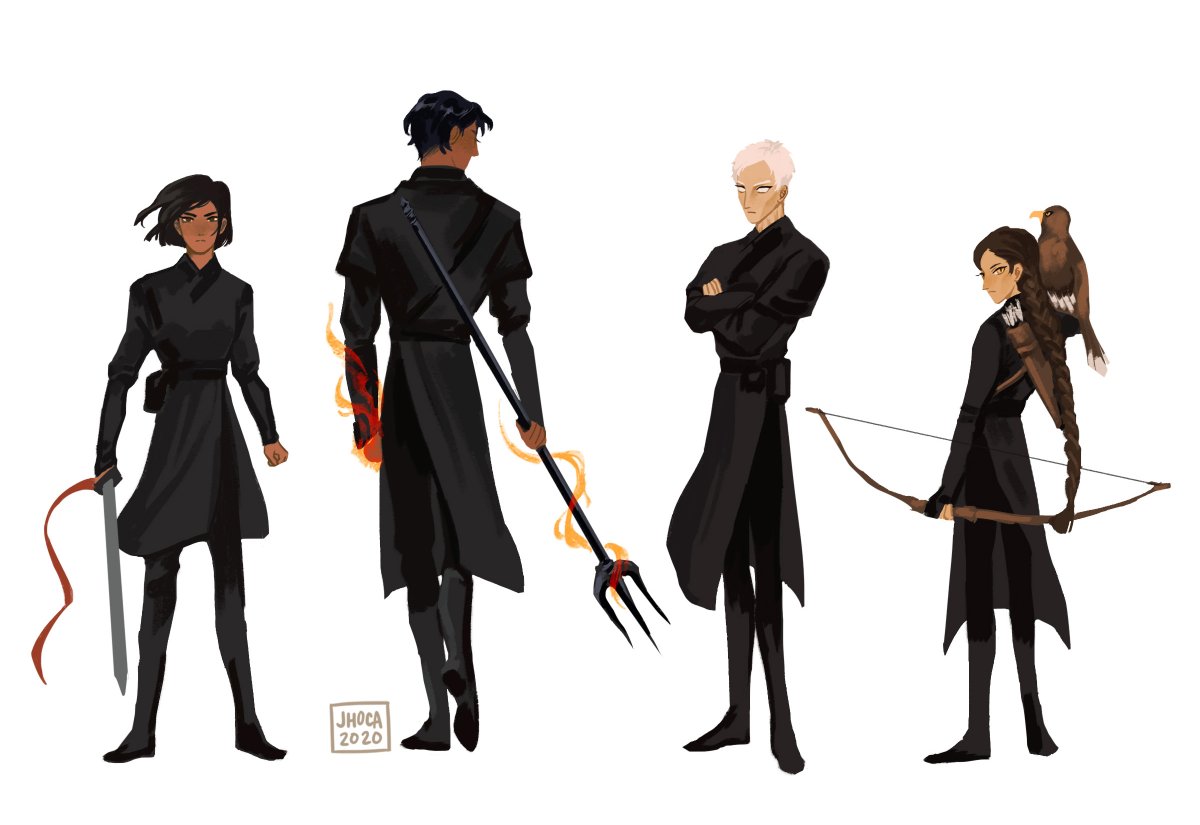

It's also the most thrilling, both because the twists, the turns, the intrigue and the magic are dialed up to 11 and because of Kuang's masterful sense of momentum.

You can tell that Kuang is deeply in love with her story, and it shows: The Burning God is the best-written book of the trilogy. All of the things Rin has done and all the people who have built her feel ever-present in her mind as she makes decisions both small and large. Of course, this is really helpful for readers who haven't been back to Nikan in some time, but it also creates a sense of history. Though The Burning God treads new ground in many ways, Kuang constantly references people, places and things from the previous books. When an old enemy is revealed and a path to victory becomes clear, Rin must decide whether to trust her allies and unite behind a common foe or do the unthinkable: Build an army of shamans and take back the continent. But with their Hesperian allies at their backs, the Dragon Warlord and his son Nezha are nearly unassailable. This liberation force, created to rid the territory of Mugenese soldiers and to challenge the Dragon Republic, is poised to take back Rin's homeland.

Left to die by the Dragon Warlord, Rin and Kitay find themselves back in the South, at the head of the Southern Coalition. Kuang finds new ways to bring life, horror and excitement to this saga about a nation torn apart by war. In The Burning God, the third and final entry in the Poppy War trilogy, R.F. It's been a wild ride full of anger, triumph, humor and sheer willpower. She's literally crossed the entire continent of Nikan, destroyed an island, channeled the divine power of the Phoenix, killed the enemy in nearly every way imaginable, been betrayed by someone she loves, gone into hiding and come back out again. Few heroines have come as far as Runin Fang.


 0 kommentar(er)
0 kommentar(er)
